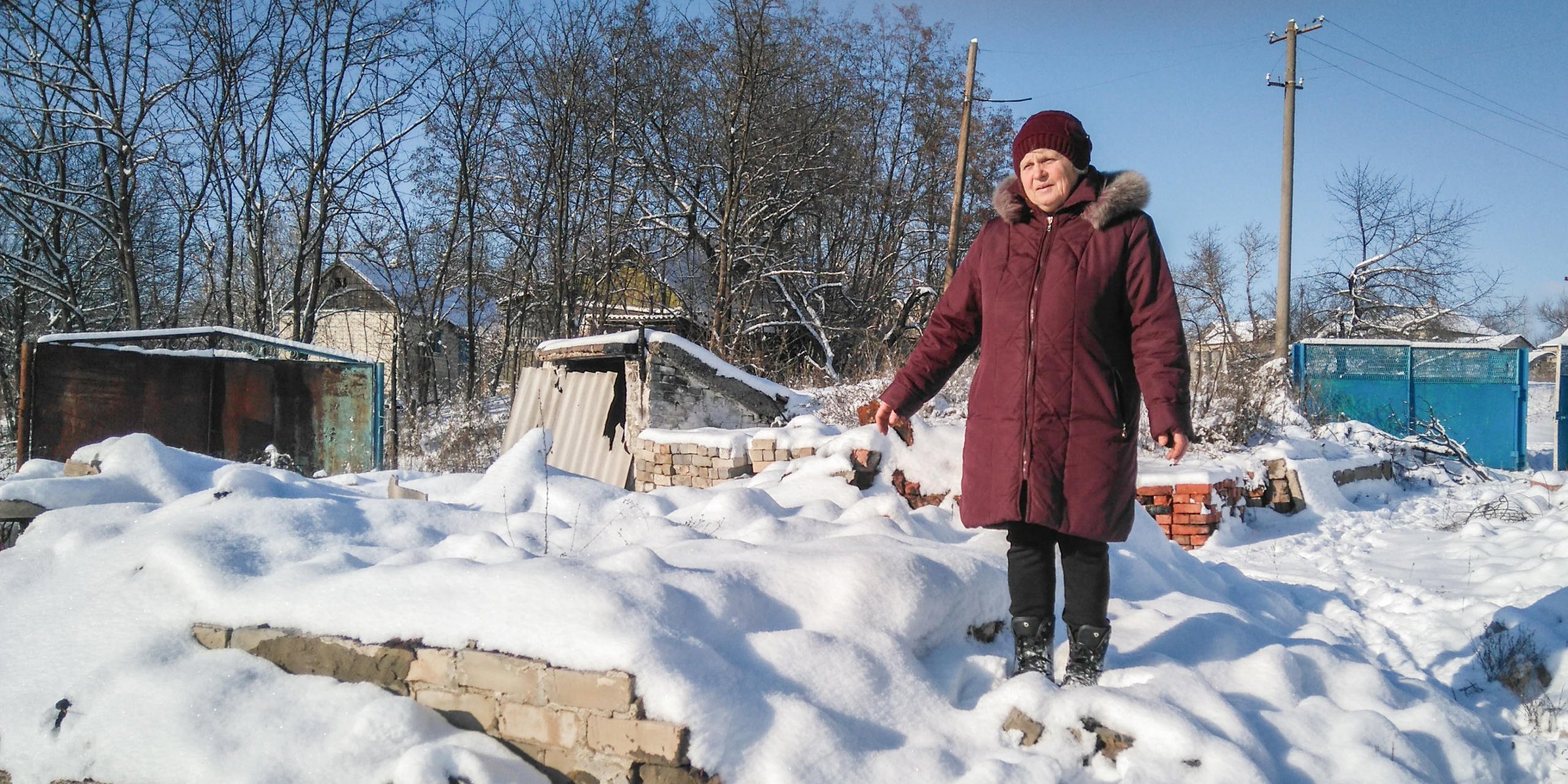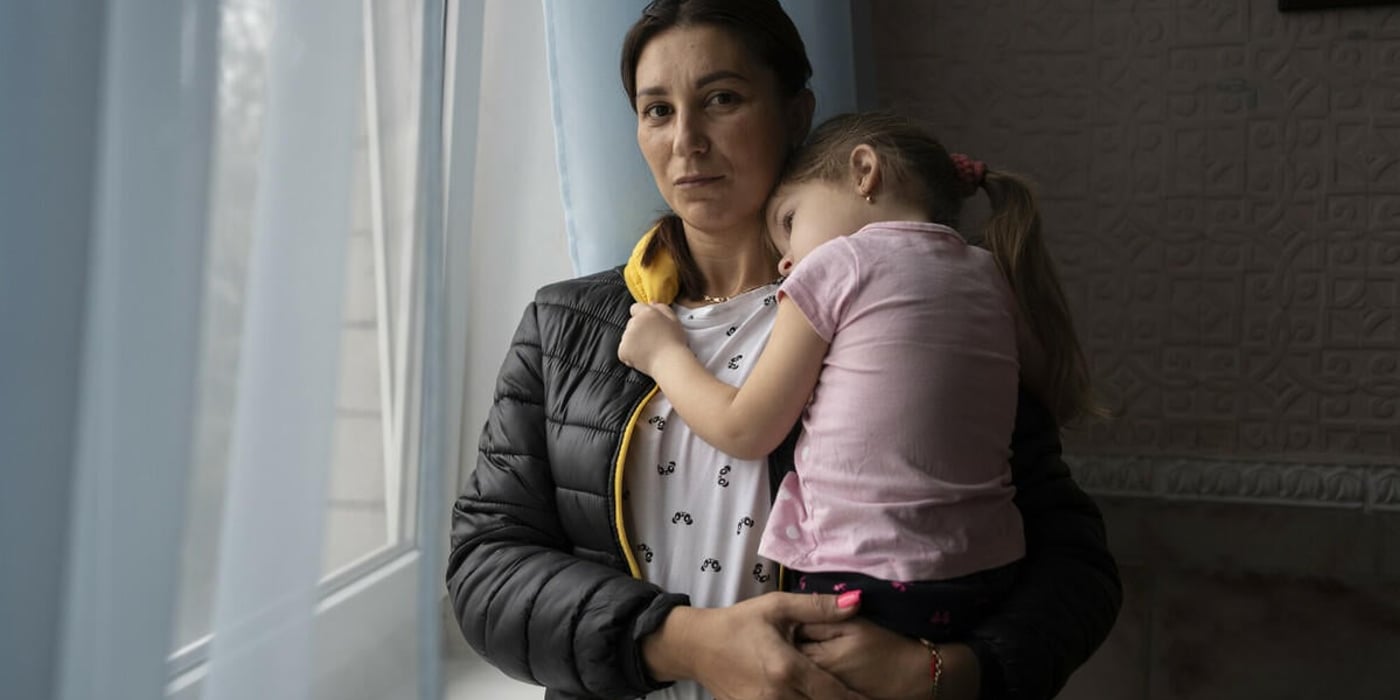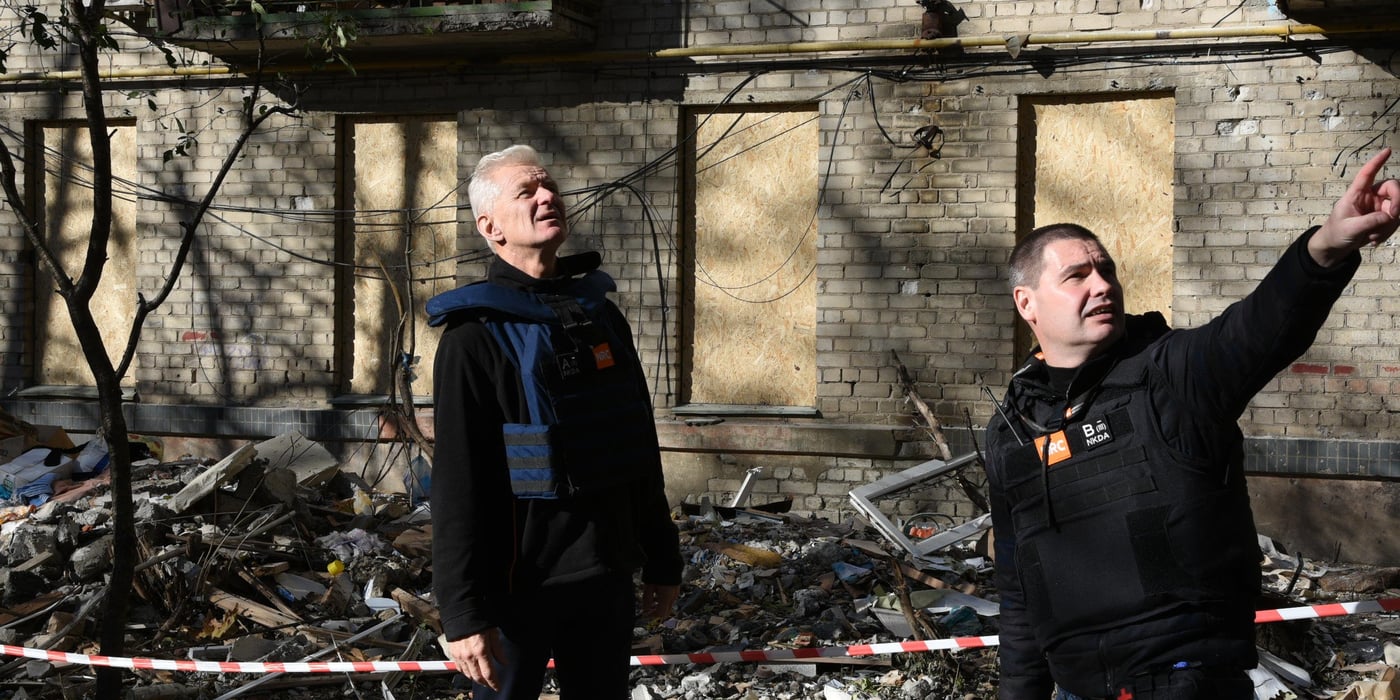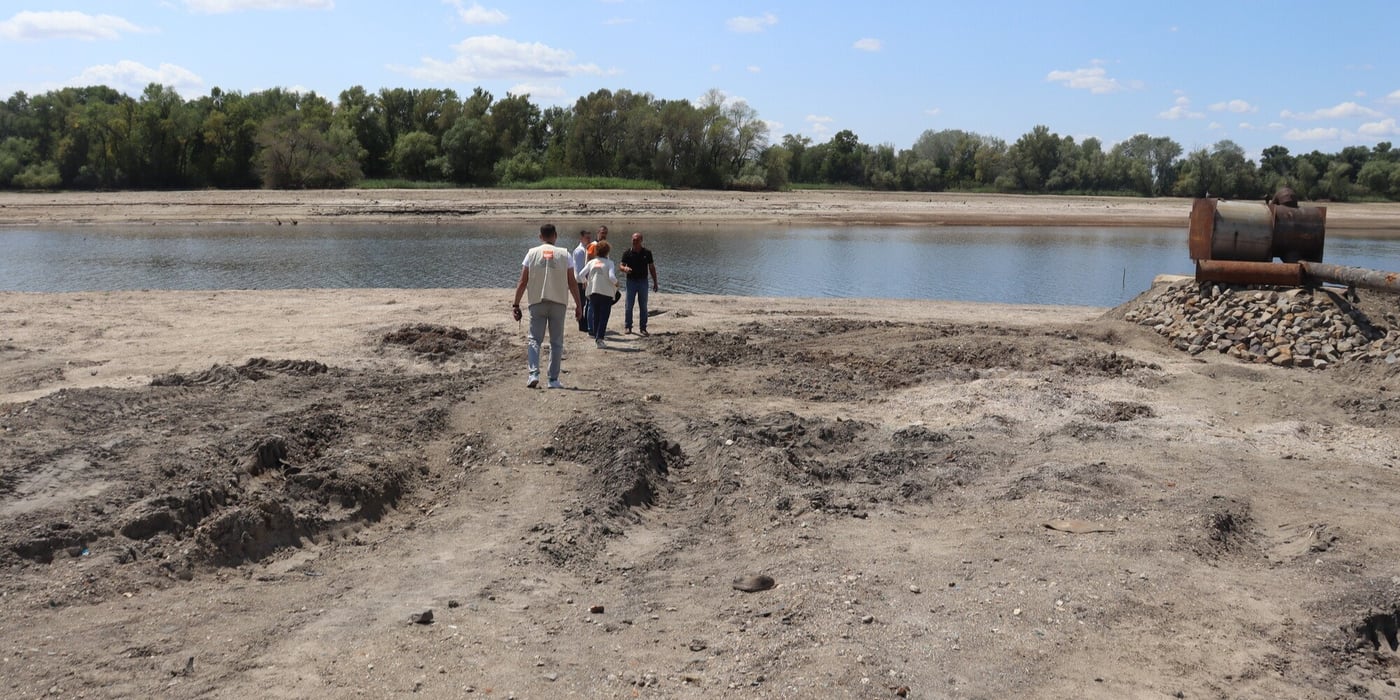
At the beginning of the new year, temperatures in the Luhansk region in Ukraine fell below minus 20 degrees Celsius. Strong wind and snow storms are expected across the country.
“Repeated ceasefire violations and worsening weather conditions make it increasingly difficult to reach vulnerable civilians with the necessary relief. There is a need for more humanitarian assistance and better access to disputed areas,” says NRC's Secretary General, Jan Egeland.
A recent assessment, conducted by NRC's Shelter specialists in communities along the frontline in the Luhansk region, revealed that only 60% of the people are prepared for winter. People with access to central gas supply are suffering from the high price of gas. The price has increased almost three times since May 2015. People without access to gas, are struggling to afford the necessary coal and firewood.
“There are villages in the Luhansk region without any gas supply. In some places, the gas pipelines have been damaged due to the conflict. Other remote villages have never been connected to the network. Many people are trying to stock up on firewood and coal, but not everyone has the necessary resources. The price of firewood and coal is very high, and almost out-of-reach, for pensioners or unemployed civilians,” says NRC Country Director, Christopher Mehley.
NRC is distributing coal, firewood and radiators - as well as winter clothes and blankets - to the most vulnerable families, prioritizing areas close to the front-line, in the Luhansk region.
“We are particularly concerned for the many elderly in the area. The consequences may be severe, or even lethal, if they are not able to heat their homes,” says Mehley.
In September and October, there was a renewed commitment to the ceasefire agreement in eastern Ukraine. This brought a welcomed calm for the estimated 800,000 people living along both sides of the frontline. However, over the past month, there have been new ceasefire violations and shelling in some of the frontline communities.




